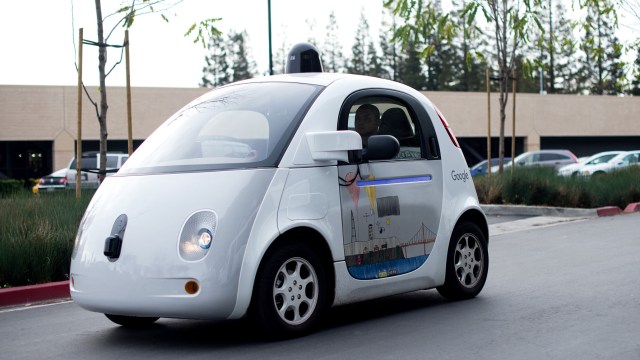Darwin’s Bad Break — How His Name Is Misused

1. “Darwin was no Darwinian,” declared Martin Luther King Jr. He’s right, and it’s a bad break for Charles Darwin that his name is used to distort his own ideas about humans.
2. Ross Douthat says that Breaking Bad illustrated the clear “Darwinian logic” of an older cruel “tribal” code (that’s “neither liberal nor Judeo-Christian”). Douthat believes a “Darwinian” code “lies percolating just below the surface of every human heart,” but that’s empirically inaccurate.
3. Breaking Bad‘s moral complexities remind us that stories are thought experiments in social rules that often yield multiple interpretations (“the human mind is a story processor, not a logic processor”). Science’s stories can also have multiple interpretations, e.g., evolution isn’t quite as simple as “red in tooth and claw” competition.
4. Note, calling morals social-rules sidesteps old barriers, surely social-rules are scientifically studiable.
5. Here’s Darwin’s clear logic: “The moral sense perhaps affords the best … distinction between man and the lower animals … [and our] social instincts, the prime principle of man’s moral constitution … naturally lead to the golden rule, do unto others as you would have them do unto you.” Not so “Darwinian.” Darwin understood we are, by nature, self-deficient, utterly interdependent.
6. One specious origin of what’s now called “Darwinian” is Herbert Spencer, coiner of “survival of the fittest.” Another descends to us via Dawkinsian selfish-genery, but Richard Dawkins’ logic is flawed — every “selfish” gene must also cooperate. The mix is key.
7. Studying actual “tribal” codes shows all extant hunter-gatherers limit group-threatening behaviors, including harmful competition (Christopher Boehm). Team survival has shaped our evolution (and social-rule processors) for 10,000 generations.
8. Social rules could be classified as of two types: Those that prevent group-damaging behaviours. And those that don’t. Guess which survive longer?
9. Darwin seemingly knew better than today’s “Darwinians” that though we evolved like other species, we’re also different. Teamwork is humanity’s signature adaption (David Sloan Wilson). We are the giraffes of cooperation—>uniquely extended teamwork traits.
10. Darwin’s moral sense, as Thomas Jefferson said, was “as much a part of a man as his leg.” Discounting our innate socially configurable, social-rule-processors is unnaturally selective.
11. Evolution’s stories are prone to narrative selection. Rorschach readings enabled Karl Marx to see Darwin’s work as a scientific basis for class struggle, and Bertrand Russell felt evolution was inspired by economic ideas, favoring “animals that most resembled successful capitalists.”
12. Economists often see markets as competitive “Darwinian” selectors. But they ignore how competition in nature regularly creates catastrophe and waste. As it can in markets (which can be “as dumb as trees”). Our evolved capacities for reason, foresight, and teamwork could help us avoid predictably bad competitive outcomes.
13. This aspect of nature has crystal-clear methods. Her logic tends to eliminate all that damages what it depends on. We’d better get stories about this percolating into every human heart and head.
14. Darwin called any “Darwinian” human having no trace of team loyalty “an unnatural monster.”
—
Illustration by Julia Suits, The New Yorker Cartoonist & author of The Extraordinary Catalog of Peculiar Inventions





